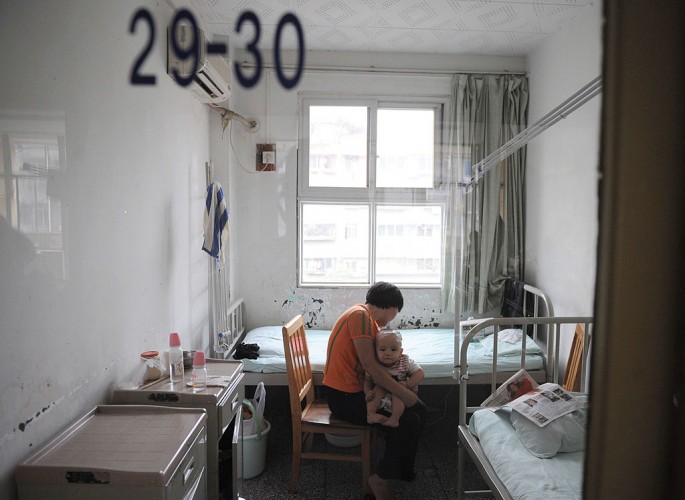Reproductive services are a big hit in China nowadays, a trend that was aptly predicted by one startup, Beijing Albeike Technology Co. Ltd., according to an article by China Daily.
The company found a niche market, as clamor for fertility treatments and demand for specialist doctors increased in the country, especially when the one-child policy was finally lifted by the government.
Beijing Albeike's app for reproductive services was first launched in Beijing, and has since expanded operations in Shanghai, Macao and Shenzhen.
The company has also built pregnancy centers in top hospitals like the Peking University Third Hospital and the First Affiliated Hospital of Zhengzhou University.
"The company will attract more specialists from well-known hospitals to the platform and come up with more promotions," said Shi Lei, the CEO of Albeike, in an interview with China Daily.
More families are demanding for special fertility treatments as more Chinese are anxious to get pregnant.
There are numerous factors that can affect the chances of a woman to get pregnant. According to Huang Hefeng, director of the Reproductive Medical Center in Zhejiang Province, a hectic work life, environmental pollution, and unhealthy lifestyles can make males and females infertile.
Through Albeike's apps, patients are enabled to connect with doctors and specialists from top hospitals.
Individuals suffering from infertility problems can also consult the app and look for valuable information as the app is also serviced by specialists.
Appointments and treatment schedules can also be easily set up through the app if found necessary, making the app a convenient service.
"The app was introduced to particularly help women suffering from infertility so that they could receive counselling first and even the help of people who can accompany them to the hospital for treatment," said Shi.
Infertility and sterility are two major issues that the World Health Organization fears will become serious diseases in the 21st century, coming third after cancer and cardiovascular diseases.
Couples who fail to conceive the natural way in their first year of marriage are often considered infertile, according to the WHO.



























